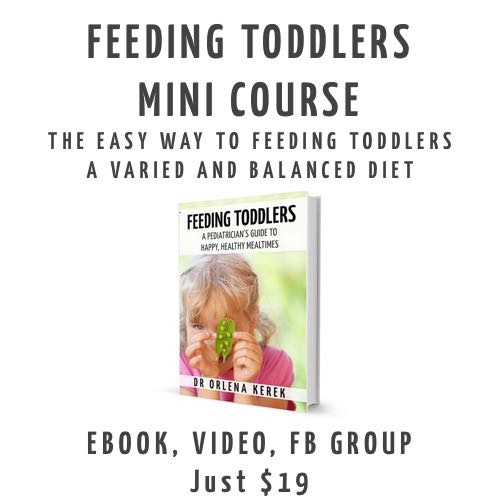Another day, another tantrum.
Yesterday it was not wanting to leave the park. Today it’s about wanting more cookies. Who knows what tomorrow will bring.
You’ve tried timeouts. But it doesn’t seem to work. Plus, the power struggles are getting worse, and pretty soon, you may not be able to force him to stay on the timeout chair.
What other options do you have?
Before you go looking for alternatives, it’s important to clarify the difference between punishment and discipline. Punishment means to “inflict pain” while discipline means “to guide or teach.”

Punishing Doesn't Teach Children to Behave
Timeouts, ignoring, and taking things away are all forms of punishment. The parent does not guide the child to make a better choice. And, the child does not learn a better way to handle the situation in the future.
Discipline Does Show Kids How to Behave
Discipline is necessary for children! They need guidance and support as they learn how to navigate their world.
Instead of focusing on finding a new technique to manage your child’s misbehavior or stop a tantrum, start by learning how to “BE” a teacher to your child in those difficult moments.

Here are 5 Ways to “Be” Discipline
• Be Calm: Before you move on to helping your child through their big emotions, focus on getting your body and brain back to calm. Take a few deep breaths. Repeat a helpful mantra (“I can handle this” or “This is not an emergency.”) Yes, your child will still be in full-tantrum mode. But, you do not need to join in! Take your time on this step, it’s important.
• Be Empathetic: Now that you’re calm, you can see the situation more clearly. Use this opportunity to look at it from your child’s perspective. What are they feeling? What might they be thinking? Then, put it into words, “You really want another cookie!” Let your child know that you understand their point of view. Keep in mind, just because it’s true for your child, doesn’t mean you need to agree!
• Be Firm: Limit-setting does not need to be harsh. In fact, it goes hand-in-hand with empathy. “One cookie is enough for today. I bet when you are older you will eat the whole bag of cookies in one sitting!” Your child’s resistance to a limit doesn’t mean you need something stricter, it means your child is disappointed, frustrated, or unhappy with this limit. Which gives you another chance to practice joining with them in their struggle.
• Be Present: Often a child’s behavior is a sign that they are feeling disconnected from you. Nagging, whining, and sometimes even aggressive behavior can be avoided or diminished by building a strong connection with the child. Spend one-on-one time together daily, communicate without distraction, and look for cues that your child needs more attention from you in certain situations.
• Be Proactive: Your child has a lot to learn. Instead of trying to teach a lesson at the peak of a meltdown, use calm moments before or after a challenging situation for skill building. Talk about expectations, role play different scenarios, practice asking politely or disagreeing respectfully. If your child continues to struggle, they may need more help from you or they may need to learn more skills to handle that situation effectively.
Related: 10 Things Most Kids Don’t Know About their Mother

Related: How to Teach Your Child To Wipe Their Bottom
If you are used to timeouts, threats or bribes to manage your child's behavior, these ideas may seem a little vague. You like step-by-step instructions. You want a “If this happens, do this” list.
There is a rhythm to this style of parenting. It’s different, and it may feel uncomfortable at first, but with time you - and your child - will learn the routine.
Instead of thinking, “How many minutes does he need to sit in timeout,” you’ll think, “What does he need from me right now?”
Instead of focusing on ending the tantrum, you’ll focus on letting your child know that you understand the struggle. You’re not going to change your mind, but your child is entitled to feel upset when a limit is set.
When your kids feel heard, when they feel valued, and when they are given the tools to make better choices, there are fewer tantrums. Less whining. And more cooperation.
And you don’t even need a timeout chair to do it!
Related: How to Stop Kids Preferring Snacks to Regular Meals
Related: Help! My Toddler Won’t Eat

Nicole Schwarz
Nicole Schwarz is a mom to 3 young girls, a Parent Coach with a License in Marriage and Family Therapy, and author of Positive Parenting for Imperfect Families. Find positive parenting tips and learn more about Parent Coaching on her blog, Imperfect Families.


 Feeding Toddlers.
Feeding Toddlers. Would you like your kids to eat more healthily? Check out the book!
Would you like your kids to eat more healthily? Check out the book!